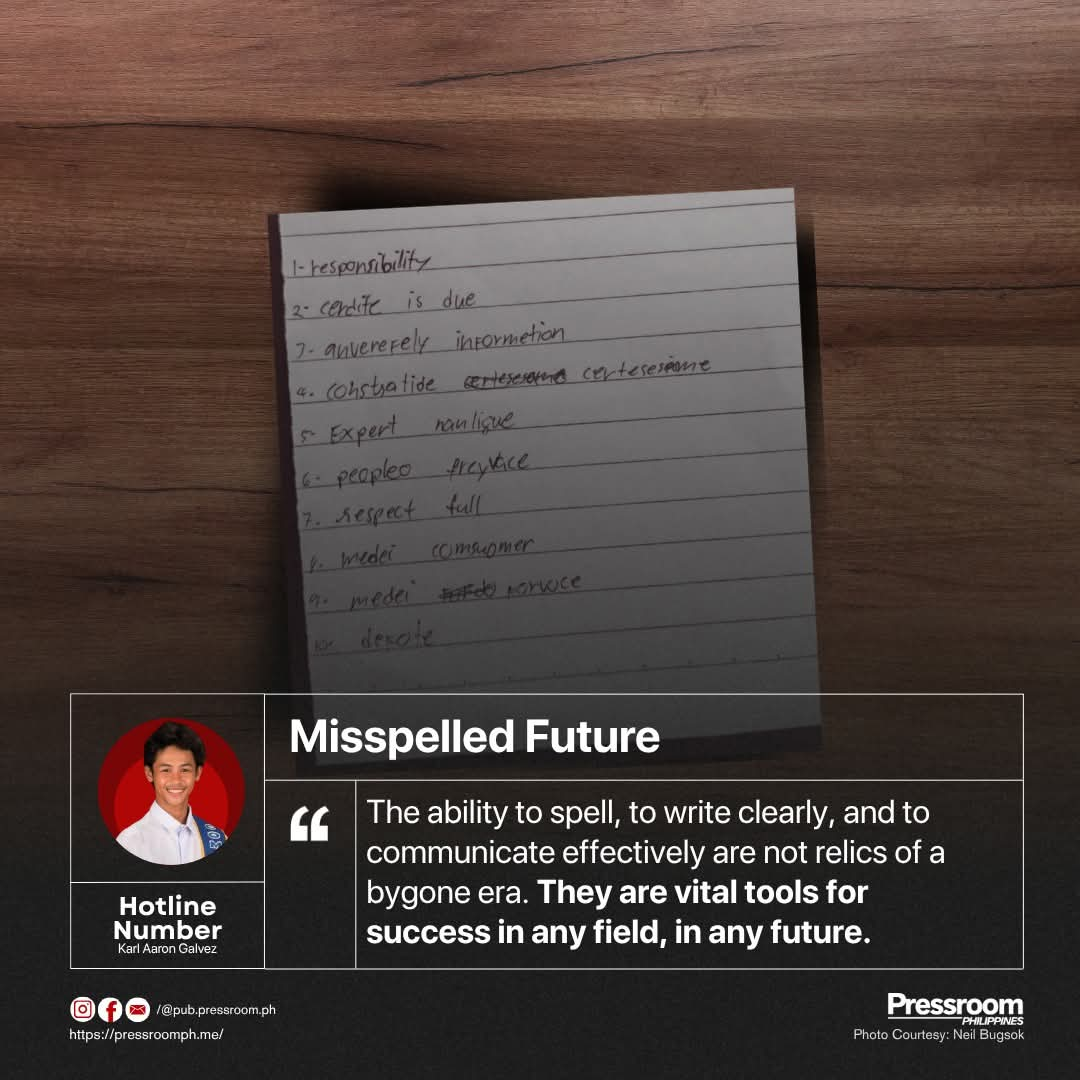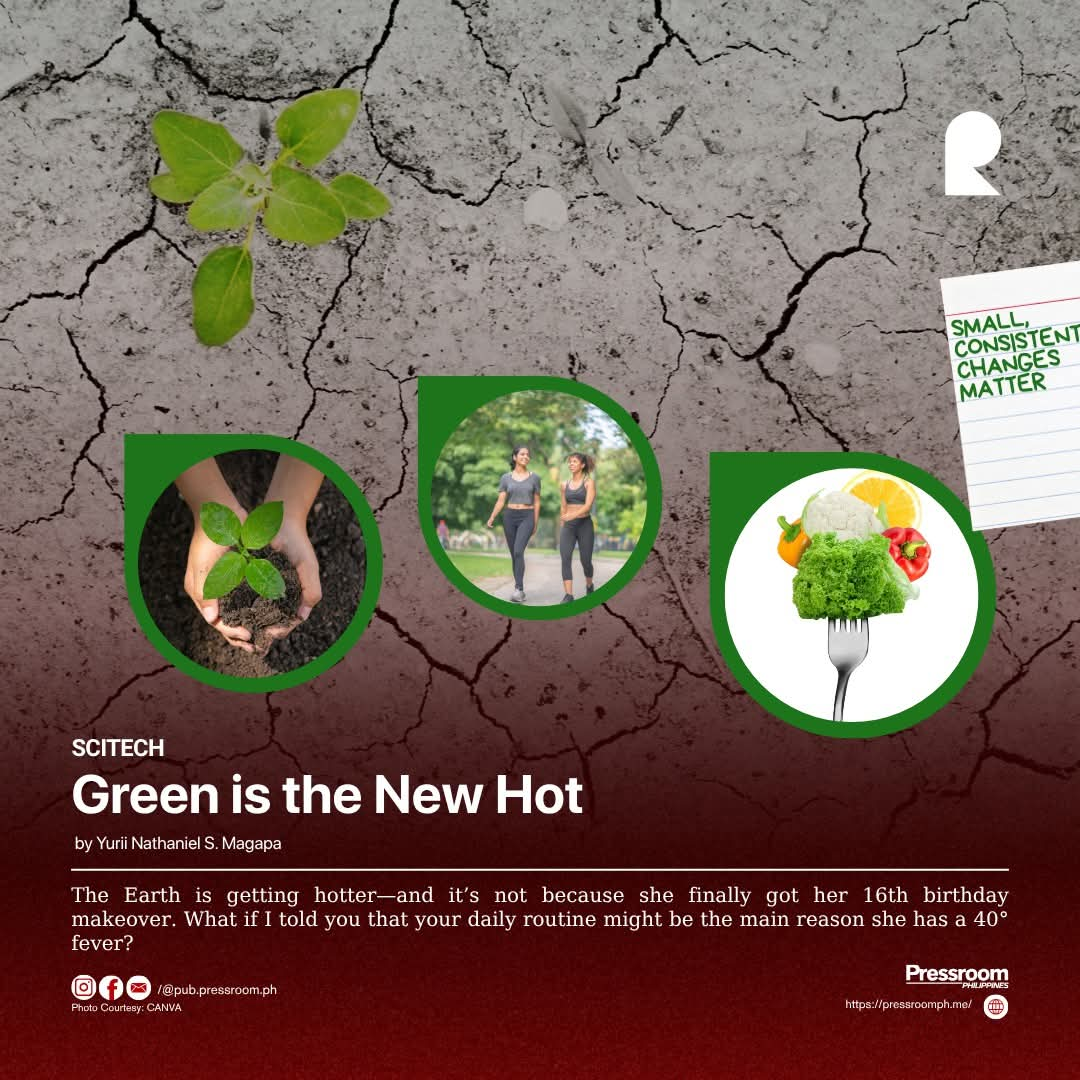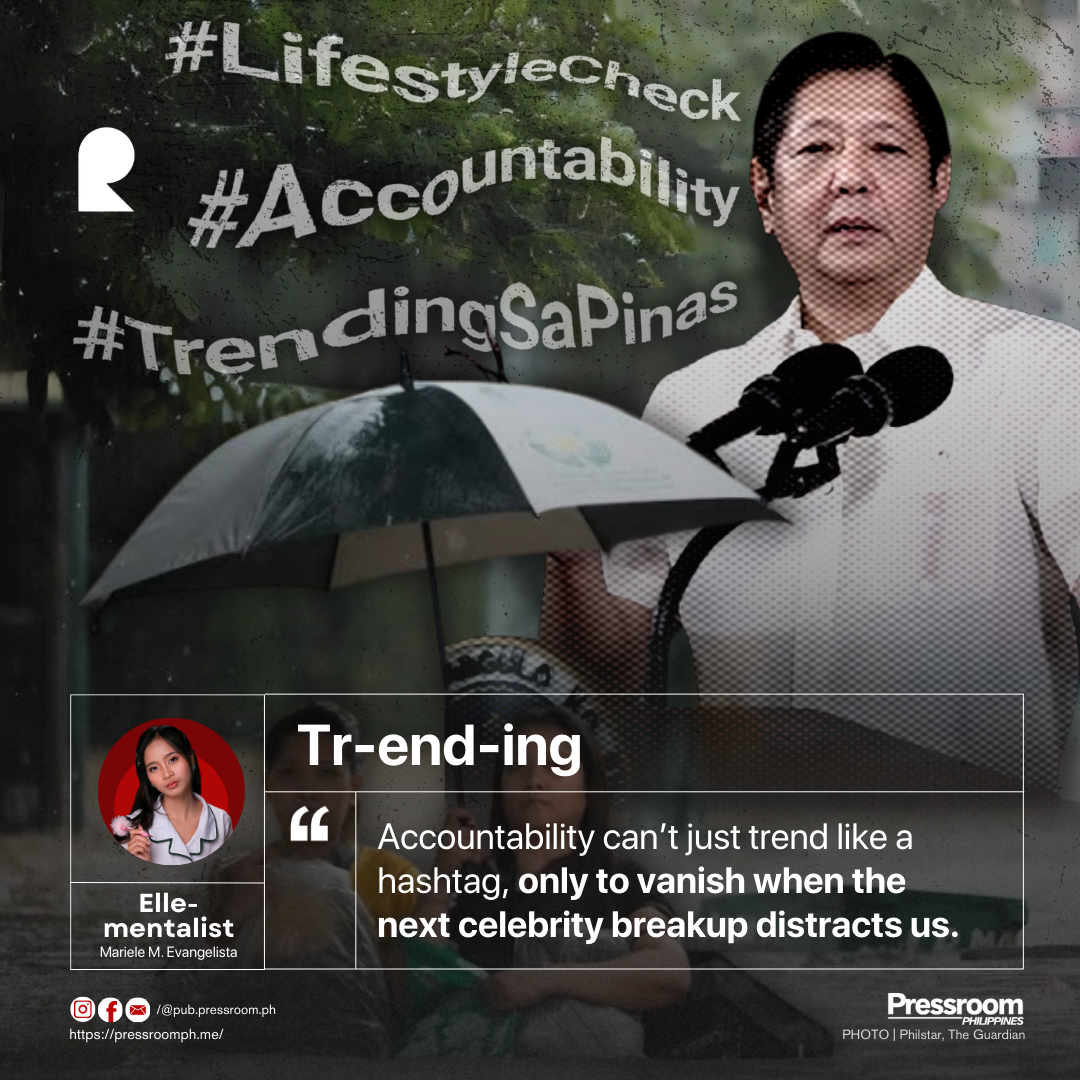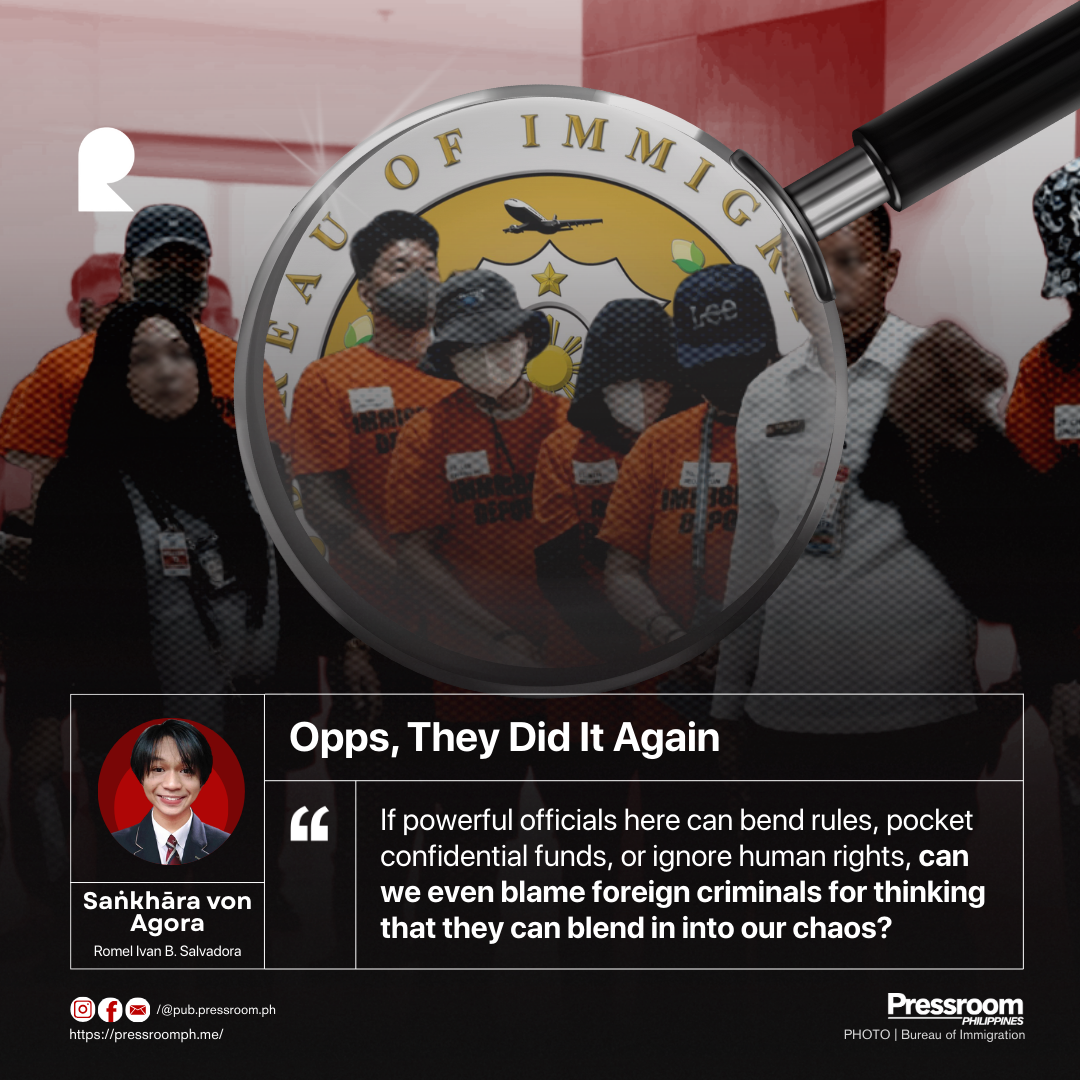𝘃𝗶𝗮 𝗞𝗮𝗿𝗹 𝗔𝗮𝗿𝗼𝗻 𝗚𝗮𝗹𝘃𝗲𝘇, 𝗣𝗿𝗲𝘀𝘀𝗿𝗼𝗼𝗺 𝗣𝗛
When senior high school students struggle with basic spelling, it's not just a red mark on a quiz paper; it's a flashing red light signaling a deeper challenge to our educational future.
The news from Northern Samar landed like a gut punch: senior high school students—yes, senior high—in a Media and Information Literacy class no less, didn't just struggle with a spelling quiz. They butchered words so badly you'd never believe it was the work of students on the cusp of graduation. Shared by Teacher Neil Bugsok, these scores are not meant for shame, but as a stark alarm bell, urging our communities to step up with collective efforts to help our youth. And frankly, we should be listening.
It's easy to dismiss spelling as a minor detail in an age dominated by autocorrect and predictive text. Why bother when our phones fix our mistakes for us? But that mindset misses the point entirely. Spelling isn't just about getting letters in the right order; it's a fundamental building block of literacy. It underpins reading comprehension, written communication, and even critical thinking. If our senior high schoolers are faltering at this basic level, what does it say about their ability to absorb complex information, articulate their thoughts effectively, or navigate a world increasingly reliant on clear, concise communication, both online and off?
This isn't an indictment of the students themselves, nor solely of our teachers, who are often working with immense dedication under challenging circumstances. Instead, it’s a moment to look inward at the broader educational ecosystem. What are the contributing factors? Is it the shift in learning modalities, the prevalence of digital communication over formal writing, or perhaps a deeper systemic issue within our curriculum or resource allocation?
The call for collective efforts is not just polite suggestion; it's a desperate plea. This isn't just a school problem; it’s a community problem, and ultimately, a societal one. When our future workforce and leaders struggle with basic literacy, our collective progress is hampered. We need to move beyond simply acknowledging the issue and into active problem-solving. This means parents reinforcing reading and writing at home, local governments investing in literacy programs, and educational institutions re-evaluating teaching methods to ensure these foundational skills aren't being overlooked.
The ability to spell, to write clearly, and to communicate effectively are not relics of a bygone era. They are vital tools for success in any field, in any future. The low spelling scores in Northern Samar are more than just a poor quiz result; they are a critical indicator that we need to stop, assess, and act decisively to ensure our youth are truly equipped for the challenges ahead. Our collective future depends on it.






